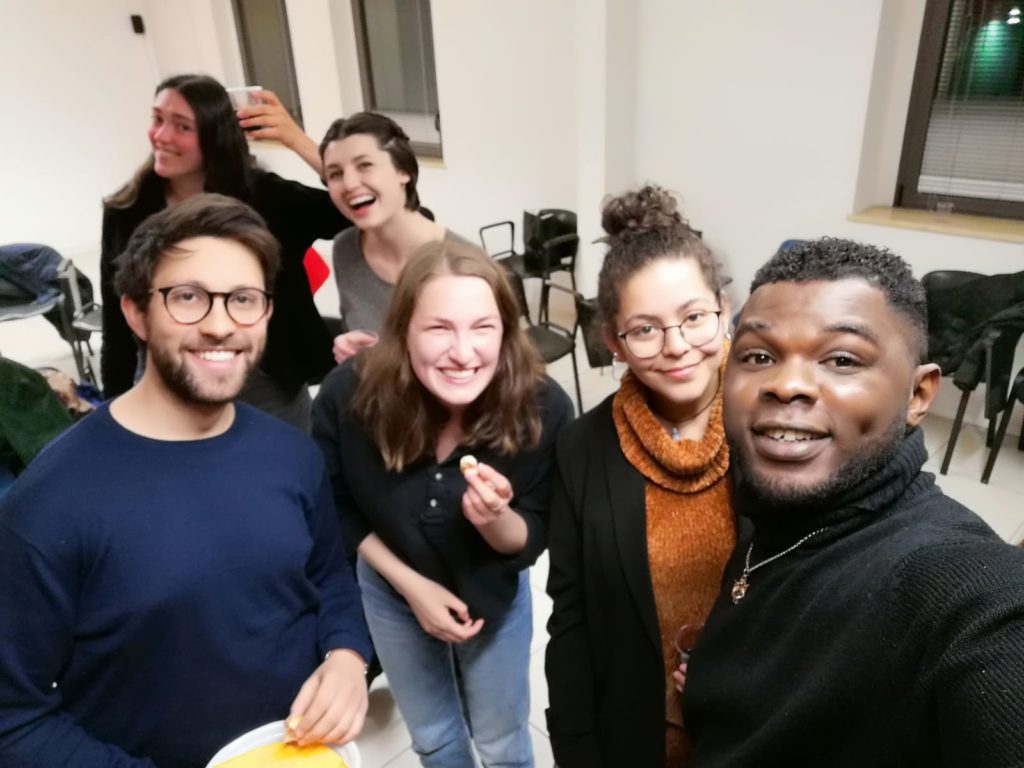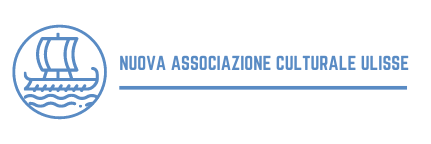About the Service Learning approach:
Since its inception Nuova Associazione Culturale Ulisse has been collaborating with its partner organisation Siena Italian Studies (SIS) Intercultural Study Abroad, a private organisation, based in Siena (Italy), operating in the field of second language teaching and intercultural learning since 2004. The founder and director Lavinia Bracci has been working in this sector for many years and, together with her collaborators, she has been widening the organisation activities on a national and international level. Siena Italian Studies mainly provides study abroad opportunities for international undergraduate and graduate students, who come to Italy to learn the language, immerse in the local culture, attend content courses and provide service in the community (www.sisstudyabroad.com).
The pedagogy of service-learning stands at the core of SIS educational philosophy and at the time of its foundation SIS represented the first service-learning programme in Italy.

Since the very beginning of this pioneer experience, all students who come to Siena are required to serve in the local community as an integral and fundamental part of their international and intercultural experience abroad.
Over the years, service activities and projects have been changing according to the needs of the local community and to the fluid demands of contemporary society and recently, in order to provide students with a real global competence and to face the new global challenges, SIS has developed multi destination programmes where students can expericen different cultural settings and a half of their semester abroad either in Brussels (Belgium), where they intern at a EU organisation or provide service to the community through several associations, or Yaoundè (Cameroon), where students continue their service-learning path through SIS local community service partners.
The service-learning pedagogy was officially born in the United States in the 1960s, but its roots date back to the end of the XIX century and originally stemmed from Dewey’s and James’s reflections about a new perspective on education, that of ‘learning by doing’ (later on known as Experiential Learning). More recently, when the service-learning met study abroad and student mobility, a new perspective came across, that of international service-learning. The added value of the latter, in comparison with domestic service-learning experiences, is undoubtedly the intercultural dimension: getting to know a different community from the inside, living and working side by side on a daily basis with its members, provides a deeper acquisition of the second language, an insightful knowledge of the foreign culture, a personal growth, and the development of intercultural competences and skills.
The pedagogy of service-learning can respond well to the challenges of the contemporary world, it actually represents a privileged tool for understanding the ‘other’ and implies students’ full commitment and engagement. This pedagogy is based on the concept of reciprocity. Providing service in the host community is never a one-way activity, it always entails an exchange of knowledge, of skills and, last but not least, of emotions; students give something, but take much more in return, they fulfill unsatisfied needs of the host community and at the same time they broaden their competences and skills, may develop new attitudes, can embrace different world views.

Students provide their time, energy, intelligence, commitment; on the other hand, service agencies exchange and integrate their experiences, create new networks, and can learn from students too.
The experiential side of service-learning must be matched with its theoretical counterpart (for example, academic courses) and balanced by the practice of reflection, which is key to this pedagogy and to the entire intercultural experience. Structured and guided reflection is the tool that helps students to process their intercultural encounters and build their own acquisitional path.
Besides, the pedagogy of service-learning is at the same time sustainable and inclusive: it responds to the demands of contemporary world and society, it gives visibility to what is generally hidden by superficial approaches, it pushes students to question themselves and their cultural models, it fosters the valuing of diversity, it includes those fragile and vulnerable groups that are usually left aside and neglected, it promotes democratic values, attitudes and skills, and it starts from small local improvements in order to make the difference on a global scale.
For more details about Service-Learning, the EUFICCS approach and recent development of SIS and NACU experts, please refer to the follwing publication:
For The Full description of Service Learning methodology, download the file below:
